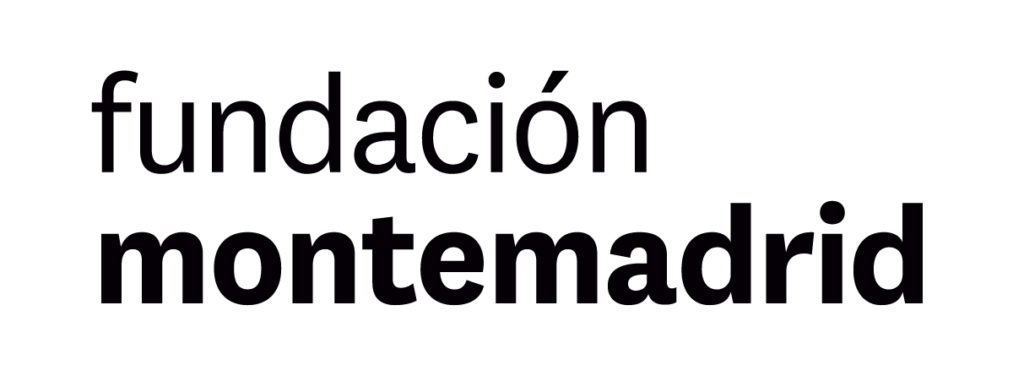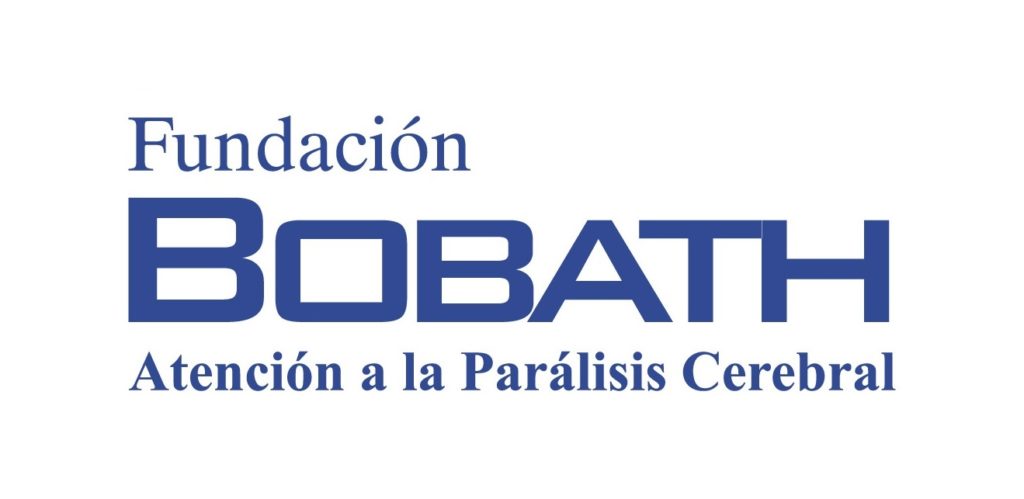Data security is an endeavor that encompasses a variety of business practices and technologies. The aim is to secure sensitive information about customers and employees from cyberattacks, data breaches or other unauthorised exposure risks. This includes everything from robust policy frameworks to thorough data sanitization practices and cybersecurity software.
Secure data encryption is the best way to shield yourself from hackers. Secure data encryption helps to block unauthorised access because it requires the correct key to decode. It’s a vital component of many security strategies and is required by a variety of compliance standards.
Backups and redundancy are also important for data security. A physical backup stored at another location can help reduce the possibility of losing data in the event of a natural disaster.
It’s also essential to reduce the use and collection of data the process, which is referred to as «data reduction.» The more data you have, the more the potential targets hackers have for hacks, so it’s critical to follow the best practices for verifying user identity, data sanitization, and other security measures.
Lastly, it’s vital to be aware of the location of your data is at any given time. This is particularly crucial in highly regulated fields such as healthcare and credit card processing where compliance with regulations of the government such as HIPAA and GDPR are an absolute must. This is why tools for managing data that let you to see all of your data in one place are essential, as well with robust auditing and reporting capabilities.



